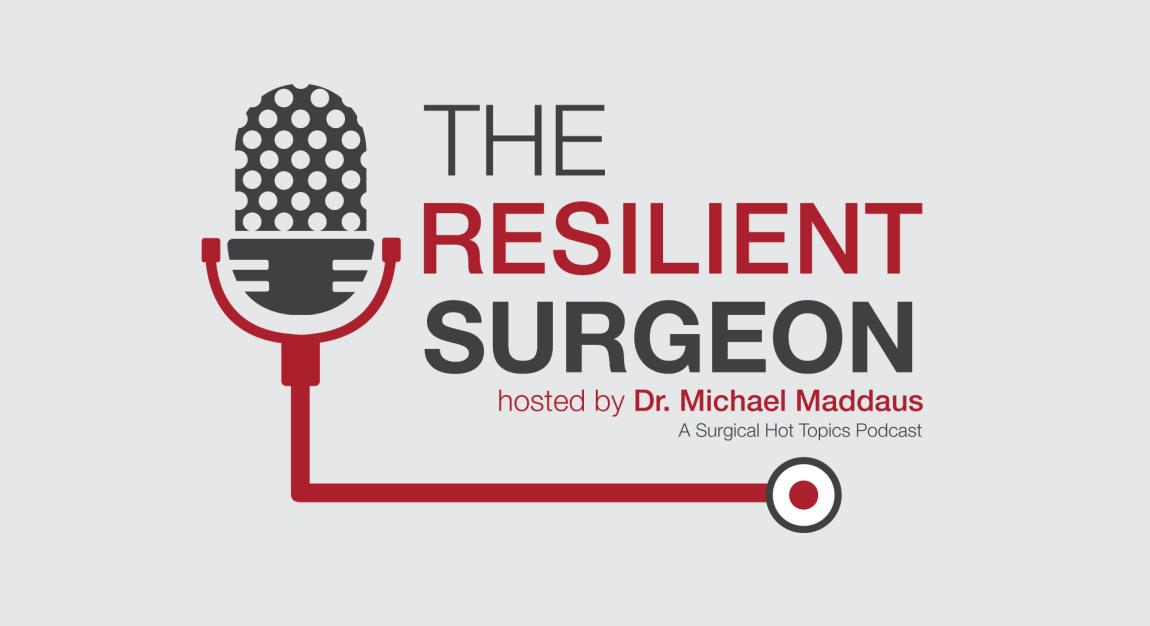When most surgeons think about procrastination, the instinctive reaction is: Not me. I don’t have time to procrastinate. After all, few professions demand the level of discipline, endurance, and execution required in cardiothoracic surgery. But as I recently learned in a fascinating conversation with Dr. Tim Pychyl, a psychologist and leading expert on procrastination, none of us are immune.

Tim has spent decades researching procrastination as a professor at Carleton University in Ottawa, Canada, where he directed the Procrastination Research Group until his retirement. He is also the author of Solving the Procrastination Puzzle: A Concise Guide to Strategies for Change. His work has helped thousands better understand why we delay important tasks — even when we know it makes us worse off — and how to overcome it.
What struck me in our conversation is that procrastination is not simply about poor time management or lack of willpower. It’s a deeply human tendency that undermines well-being, relationships, and, ultimately, our ability to live the life we want.
Delay vs. Procrastination
One of Tim’s first clarifications was that all procrastination is delay, but not all delay is procrastination. That distinction matters.
There are inevitable delays — your flight is canceled, your computer crashes, life intervenes. There are also wise or “sagacious” delays — times when waiting is prudent, such as postponing a decision until you have better information. And then there are delays caused by emotional upheaval — the kind that happen when grief, loss, or trauma make it impossible to function at your usual level.
Procrastination, by contrast, is voluntary delay. It’s choosing not to do something you intended to do, knowing it will likely cost you later. As philosopher Joel Anderson defines it, procrastination is unwarranted, culpable delay. That word “culpable” is powerful. It points us to the uncomfortable truth: procrastination is often a failure to take responsibility for our intentions.
Procrastination as Failing to Live
Tim shared that in working with judges, physicians, and high-achieving students, he’s seen how procrastination shows up not just in missed deadlines but in missed lives. Regrets often come not from working too hard, but from not doing the things we said we would — spending time with loved ones, pursuing meaningful projects, or taking care of ourselves.
That resonated deeply with me. In medicine, we often pride ourselves on productivity, on doing more, faster, better. But procrastination isn’t about efficiency. It’s about avoidance — putting off the very things that give our lives value. As Tim put it, “Procrastination is failing to get on with life itself.”
Time is the most precious and limited resource we have. Unlike money or energy, we can’t make more of it. When we waste time through procrastination, we’re not just pushing off tasks — we’re eroding the opportunity to live fully.
Why It Matters for Surgeons
Surgeons may not procrastinate on life-or-death decisions in the OR, but we procrastinate in other ways:
- Avoiding tough conversations with a struggling colleague.
- Putting off exercise or recovery because “work comes first.”
- Delaying the decision to seek help with stress, burnout, or addiction.
These are forms of procrastination that quietly, but profoundly, shape our lives. And left unchecked, they can undermine our well-being, our relationships, and our ability to lead effectively.
Overcoming Procrastination
The encouraging part is that procrastination is not inevitable. As Tim emphasized, with commitment, self-awareness, and compassion, we can change. The key is not to beat ourselves up for procrastinating, but to recognize it for what it is — an emotional regulation problem, not a time management problem — and to take small, intentional steps forward.
One of my favorite moments from Tim’s book is his blunt challenge: If you’re not willing to make changes, put the book down right now. Otherwise, you’re just procrastinating again. That mix of compassion and tough love struck me as exactly what we need in surgery, where accountability and discipline are as essential outside the OR as inside it.
Moving Forward
Procrastination is more than a nuisance. It’s a habit that can quietly derail our goals and rob us of meaning. Recognizing it is the first step toward reclaiming our time — and our lives.
I encourage you to reflect: Where are you procrastinating? Where are you avoiding something you know matters? And what small step could you take today to close the gap between intention and action?
For more insights, I invite you to listen to my full conversation with Dr. Tim Pychyl on The Resilient Surgeon podcast. His research and wisdom are powerful reminders that while procrastination is universal, so too is our capacity to overcome it.
